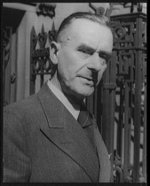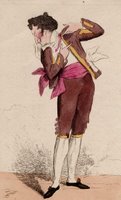 In The Artist’s Way, Julia Cameron writes:
In The Artist’s Way, Julia Cameron writes:
“Most blocked creatives are cerebral beings. We think of all the things we want to do but can’t. Early in recovery, we next think of all the things we want to do but don’t. In order to effect a real recovery, we need to move out of the head and into a body of work. To do this, we must first of all move into the body.”
I follow the exercise routine from the Body for Life, with some adaptations. I work out six days a week, alternating weight training with swimming. Although I’ve found it harder to keep to the eating program (I just love food too much) and it hasn’t given me a Victoria’s Secret supermodel figure (ditto on loving food too much!) I’ve found it’s been helping my writing in ways I didn’t expect:
- It reminds me to feel the satisfaction of small accomplishments, the laps swum in the morning, the pages written later in the day.
- Since lifting weights, I’m less prone to back strain from sitting at the computer.
- Endorphins that fight the mild to moderate depression I feel from time to time.
- Better sleep equates to better writing in the morning.
- Rhythmic exercise soothes worries, frees up creative paths in the mind.
Another excerpt from THE ARTIST’S WAY could easily describe me.
“Every day, as she swims the aquamarine oblong of her neighborhood pool, her mind dives deep into itself, past the weeds and clutter of its everyday concerns—what editor is late with a check, why the typist persists in making so many errors—and down to a quiet green pool of inspiration. That rhythmic, repetitive action transfers the locus of the brain’s energies from the logic to the artist hemisphere. It is there that inspiration bubbles up untrammeled by the constraints of logic.”
At the risk of sounding preachy, please go out and find some exercise to do if you aren’t already. Swim, walk, run, bike, whatever works for you. It really does help!
Elena
LADY DEARING’S MASQUERADE
www.elenagreene.com






